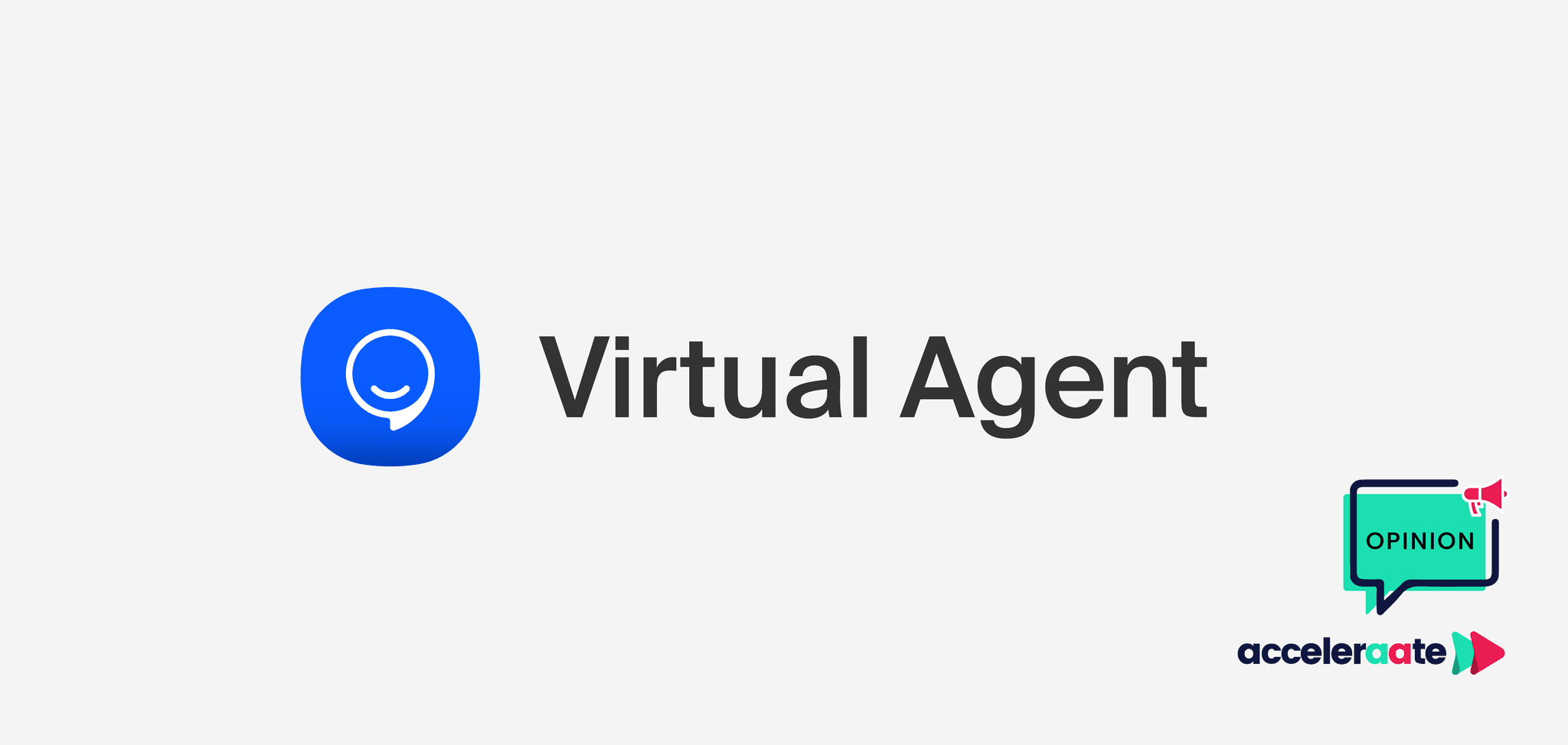Zoom Virtual Agent will replace half the Chatbots in market. And nobody will miss them.
(3 min read)
It’d be fair to say that for the last decade or so, AI-powered chatbots have been more hype than help. Too many experiences begin with hope and end in frustration. In fact, 50% of customers say they often feel frustrated by chatbots, and 40% of those interactions are described as flat-out negative.
Meanwhile, companies keep piling on automation: “Our chatbot may not be perfect,” they say, “but at least we’re at parity with the rest.” Now that stance could be forgiven if consumers actually used them. But in reality only 16% of customers say they use chatbots frequently (despite 71% of brands claiming they have them in place), and more than a third of consumers say they never use them at all!
Enter the latest generation Zoom Virtual Agent: A product that feels like it was built to end the era of disappointing chatbots.
What makes Zoom Virtual Agent different?
Unlike most AI bots on the market, ZVA is truly agentic. Instead of relying on pre-built and rigid flows, it uses prompt-based orchestration to understand intent, reason across knowledge sources, and take action.
Here are the key differences that set it apart:
Voice and Chat parity
Unlike most solutions that focus on one or the other, ZVA works seamlessly across both channels and can hand-off between them (and not forgetting seamless upgrade to video, too).
Real-time adaptability
It doesn’t break or give up when customers deviate from a script. It adjusts mid-conversation, much like a human would.
Context preservation
Handoffs to human agents carry the full transcript, context, and resolution attempts. No “starting over” for the customer, and no context black hole for the agent.
Action orientation
It doesn’t just answer questions, it can execute too: Cancel an order, reset a password, book an appointment, <insert your own use case here>.
Why half the market should be nervous
The honest truth is that most chatbots don’t resolve anything. They deflect. They frustrate. They tend to create more work for human agents instead of less.
That’s why standalone chatbot vendors should be worried. Once CX leaders see what ZVA can do natively alongside Zoom Contact Centre and Zoom Phone, they’ll ask why they’re still paying for a tool that can’t handle voice, doesn’t integrate cleanly, get's confused, and needs endless upkeep.
The chatbot category isn’t evolving. It’s being swallowed by AI-native virtual agents like this one.
The strategic impact for enterprises
For organisations, this isn’t just a technology upgrade. It’s a structural shift in how CX is delivered:
Reduced stack complexity - No need for a separate chatbot vendor or messy third-party integrations.
Faster resolution rates - Customers get meaningful answers, rather than persistent dead ends.
Lower cost-to-serve - Virtual agents resolve a significant share of volume before a human gets involved.
AI maturity leap - Deploying ZVA puts organisations years ahead in embedding AI into customer-facing operations.
Nobody will miss the chatbots
Zoom Virtual Agent isn’t just raising the bar for virtual assistants, it’s changing the category. Where legacy bots frustrate, this one resolves. Where competitors bolt on, Zoom builds in.
For enterprises already invested in Zoom Contact Centre, it’s a no-brainer. For those stuck in a legacy CCaaS stack with a half-functioning bot bolted on, ZVA will be the comparison customers use to judge whether you’re keeping up or falling behind.
TLDR – Zoom Virtual Agent isn’t an incremental update. It’s the beginning of the end for half of the chatbot market. And honestly, nobody is going to miss them 👋🏻
Ready to move beyond disappointing chatbots?
About the author

Part of Founded Group Limited








